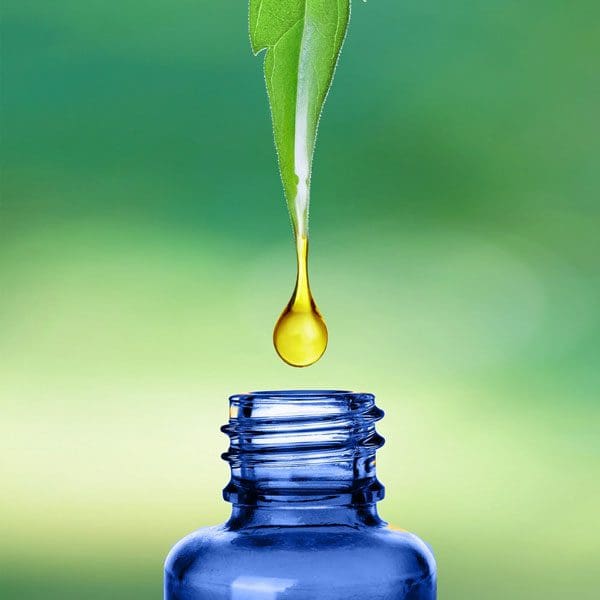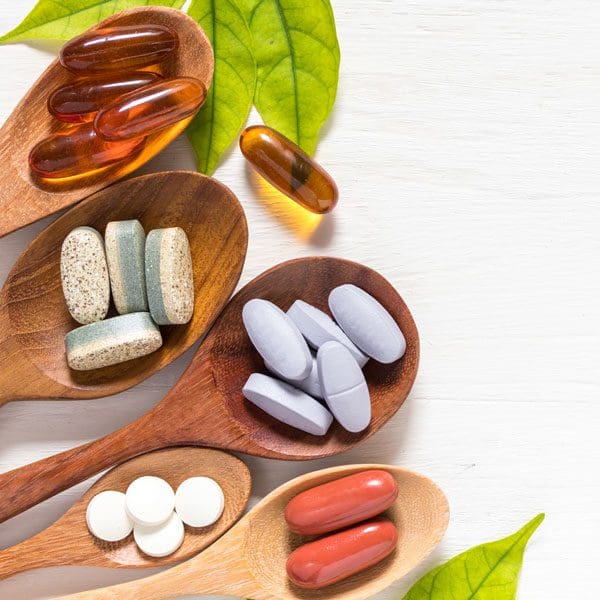When you’re dehydrated, you’re more prone to irritability and fatigue. Your cognitive functions, including your ability to concentrate also take a hit. Your body is comprised of about 65 percent water, which is needed for a number of physiological processes and biochemical reactions, including but not limited to:
- Blood circulation
- Metabolism
- Regulation of body temperature
- Waste removal and detoxification
It’s important to recognize that your body loses water throughout each day, even when you’re not sweating, and that you need to constantly replenish this fluid loss. We lose water routinely when we:
- Breathe – humidified air leaves the body. (The breath you see in the air on a cold day is the water that has been exhaled)
- Sweat to cool the body by evaporation
- Eliminate waste by urinating or having a bowl movement
While soda, fruit juices, sports drinks, energy drinks, and other beverages typically contain a fair amount of water, they are poor substitutes for pure water, and generally do not count toward this requirement.
Without adequate hydration the body may manifest:
- Fatigue and Loss of Energy: dehydration of the tissues causes enzymatic activity to slow down.
- Constipation or Decreased Urine Output: In chronic dehydration the body’s initial responses are thirst (to increase water intake) and decreased urine output (to conserve water loss). The urine will become concentrated and more yellow in color. The colon will also conserve water during dehydration. A decrease in available water in the bowel prevents the stools from forming properly
- Digestive Disorders: In chronic dehydration secretion of digestive juices are lessened which slows down digestion.
- Low Blood Pressure/Light Headedness: When the body’s blood volume is inadequate to completely fill the arteries, veins, and capillaries, the body does its best to maintain cardiac output (the amount of blood that is pumped by the heart to the body) by increasing the heart rate and constricting blood vessels in order to maintain blood pressure (for essential blood flow) to the vital organs of the body. This coping mechanism begins to fail as the level of dehydration increases. With severe dehydration, confusion, light headedness and weakness will occur as the brain and other body organs receive less blood. If the dehydration remains untreated, coma, organ failure, and death will eventually occur.
- Stomach Ulcers: To protect its mucous membranes from being destroyed by the acidic digestive fluid it produces, the stomach secretes a layer of mucus. Without adequate water, mucous production is retarded.
- Respiratory Troubles: The mucous membranes of the respiratory region are slightly moist to protect the respiratory tract from substances that might be present in inhaled air. Dry mucous membranes cause irritation and possible infection in the sinuses.
- Dry Eyes, Mouth and Acid-Alkaline Imbalance: Dehydration activates an enzymatic slowdown producing acidification and dryness in these areas.
- Excess weight and Obesity: Thirst is often confused with hunger. We may overeat because we crave foods rich in water.
- Eczema: your body needs to sweat 20 to 24 ounces of water to dilute toxins so they do not irritate the skin.
- Increased Cholesterol: When dehydration causes too much liquid to be removed from inside the cells, the body tries to stop this loss by producing more cholesterol.
- Cystitis, Urinary Infections: If toxins contained in the urine are insufficiently diluted, they attack the urinary mucous membranes.
- Rheumatism, Muscle Cramps, and Heart Palpitations: Dehydration abnormally increases the concentration of toxins in the blood and cellular fluids. Joint pain increases in proportion to the concentration of the toxins in the joint. Dehydration may begin with nausea and vomiting and progress to muscle cramps. If not remedied dehydration may progress to heat exhaustion and finally heat stroke, a condition that can disrupt the normal function of the heart.
- Premature Aging: The body of a newborn child is composed of 80 percent liquid, but this percentage declines to no more than 70 percent in an adult and continues to decline with age.
WHAT CAN WATER DO FOR YOU AND YOUR FAMILY?
- Significantly increase the body’s hydration levels
- Support optimal nutrient absorption
- Increase the body’s natural detoxification process by supporting healthy intestinal flora
- Support powerful antioxidant effects
- Balance pH levels and help neutralize free radicals
- Promotes youthful skin by aiding natural skin hydration and collagen production
- Water is shown to have antibacterial and anti-fungal properties
Remember to listen to your body. Thirst is an obvious signal that it’s time to replenish your fluids. Fatigue and moodiness can also indicate you need to drink more water. Probably the best way to gauge your water needs however, is to observe the color of your urine, and how frequently you urinate. On average, a healthy number of bathroom visits is around seven or eight per day, and you want the color of your urine to be a light, pale yellow.














